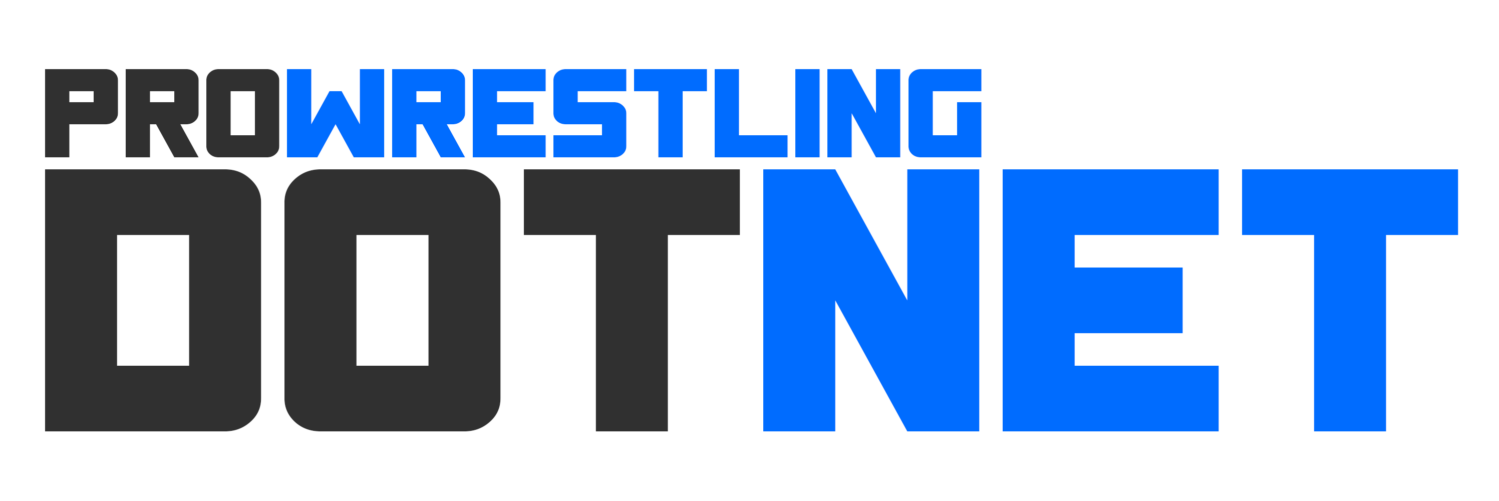By Jason Powell, ProWrestling.net Editor (@prowrestlingnet)
Insight With Chris Van Vliet with guest Jim Johnston
Host: Chris Van Vliet
Podcast available via Podcasts.Apple.com
Video available at Chris Van Vliet’s YouTube Page
On a possible Hall of Fame induction: “I think if they haven’t already, they’re not going to. It’s one of those pesky things where you don’t want to be petty about it. But it’s like you guys did fire me, but you want me to come back and put me over by doing the Hall of Fame. Would it be an honor? Sure. But at the same time, it would be uncomfortable. There are people there that I don’t want to see and don’t want to shake their hand. But it’s not a big aspect of my life now. But one of the positive things after doing WWE for so long is you get to write whatever you want.”
Did AEW ever contact him? “No and it always amazed me from a business angle. If I was in that work room, I would say ‘Vince just fired Jim, this is a way we could really stick it to them. Find that guy and get him in here this afternoon.’ It doesn’t make sense to me.”
His opinion of the current music in WWE and AEW: “I felt a great responsibility, like part of these guy’s careers and successes were in my hand. The music now in WWE and in AEW, I’m sorry if this is mean, it’s all really homogenous and really mediocre and it doesn’t have anything to do with the characters. And I think that’s why there are less big stars. I don’t think that there are no potential big stars on the rosters hiding there. Before Steve Austin was Steve Austin, he was The Ringmaster and there are lots of stories like that. These people need the right storyline, the right costuming and definitely the right music to lift them up.”
Jim’s handshake deal while in WWE: “For the first 15 years, maybe longer, Vince and I just had a handshake agreement. I wasn’t an employee. It wasn’t like he didn’t want me as an employee or I didn’t want to be, it’s just we were fine with the way things were. It wasn’t until the company went public, and it was bring on the lawyers. They come in and do risk assessments. They are like this guy can just walk out and work for the NFL tomorrow, that wouldn’t be a good thing. So then I got a contract and became an employee. In my admiration for Vince, I think we would have worked until my last day with a handshake and both be perfectly happy.”
On the process of writing a new theme: “I never really got a whole lot of information. If I could see any video, that helped tremendously. Where I start, I want to know a basic tempo and vibe. If it’s a giant guy, it’s going to be a slower theme. The tempo reflects he’s a big guy. The guys that are smaller, you want to reflect the energy. You start there and I just try to find something that resonates. I just start playing stuff and something will make me go that’s it.”
The final theme song he wrote for WWE and the personal meaning behind it: “I wrote quite a few things, but they weren’t being used because I was being politically squashed. It was ‘End of Days’ for Baron Corbin. Which was very apropos, if you look at the lyrics, there’s always something personal to the themes. A lot of the times it’s very personal. Baron’s was purely an epic I’m bringing end of days on you, it’s very biographical. Also, I’m talking about the end is coming, I’m bowing out. The big goodbye was my end of days. There’s a lot of stuff in there, anger and disappointment. But that happened a lot. I wrote ‘No Chance In Hell’ when I was really angry with Vince. It was a literal telling of what I saw, you have no chance against this guy. He doesn’t play by the rules.”









Be the first to comment